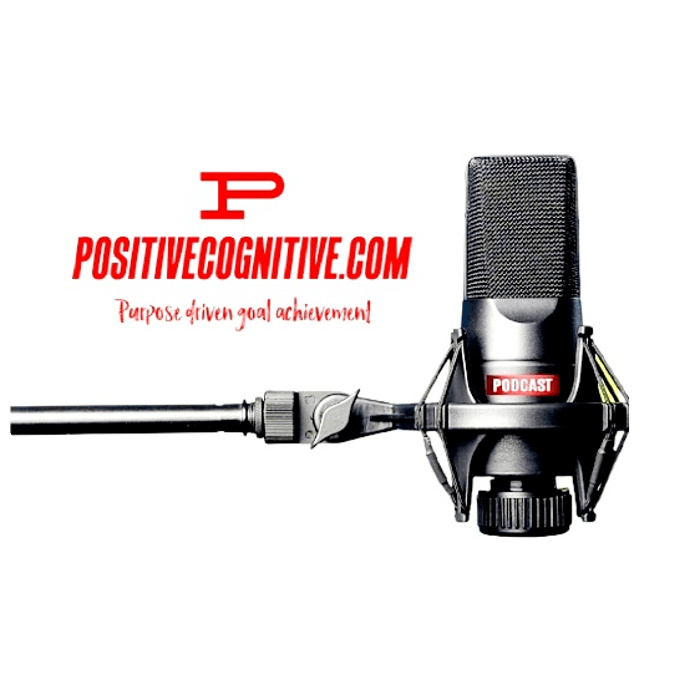Blueprint for Creating AI Infrastructure for Book Authors.
As an AI Alchemist, this blueprint outlines how to design and implement AI infrastructure tailored to authors who are also coaches, enabling them to scale their business, enhance client engagement, and streamline operations. The focus is on leveraging AI to automate repetitive tasks, personalize client experiences, and create innovative content solutions.
1. Assess Needs and Objectives
Actions:
Identify the author's dual goals as a coach and business owner:
Content creation (e.g., books, blogs, courses).
Client engagement (e.g., coaching sessions, personalized advice).
Business growth (e.g., marketing, scaling services).
Define specific objectives such as:
Automating administrative tasks.
Enhancing audience engagement through AI-powered tools.
Generating new revenue streams via digital products.
Example:
An author-coach may want to use AI to create personalized coaching plans for clients while automating email marketing campaigns.
2. Build Stakeholder Engagement
Actions:
Educate the author-coach on the benefits of AI in content creation, client management, and business automation.
Address concerns about maintaining authenticity and personal touch in coaching while using AI tools.
Key Message:
AI enhances your ability to connect with clients by automating routine tasks, freeing you to focus on delivering value.
3. Develop Core AI Capabilities
Key Components:
Content Creation Tools:
Use generative AI (e.g., ChatGPT or Jasper) to draft book chapters, course materials, or blog posts.
Example: Create outlines or refine drafts based on the author's unique voice and style.
Client Personalization:
Deploy AI-driven CRM tools (e.g., HubSpot or Salesforce) to track client progress and tailor coaching plans.
Use sentiment analysis to gauge client feedback from surveys or session notes.
Marketing Automation:
Implement AI-powered email marketing platforms (e.g., Mailchimp with AI) for personalized campaigns.
Use predictive analytics to identify high-value leads and optimize ad spending.
AI Chatbots for Coaching Support:
Build a chatbot that provides clients with 24/7 support based on the author's coaching philosophy.
Example: A chatbot answering FAQs or offering motivational tips between sessions.
Data Analytics for Business Growth:
Use AI to analyze sales data, track audience engagement, and identify trends in client behavior.
Example: Tools like Tableau or Google Analytics with AI integration.
4. Infrastructure Design
1. Hardware Requirements:
Leverage cloud-based platforms like AWS or Google Cloud for scalable compute power.
Use GPUs for heavy workloads like training custom models if needed.
2. Software Stack:
Generative AI tools: ChatGPT API or Jasper for content creation.
CRM systems: HubSpot or Salesforce with AI-driven insights.
Marketing platforms: Mailchimp with predictive analytics capabilities.
Analytics tools: Tableau or Power BI for data visualization.
3. Data Storage and Security:
Store client data securely using encrypted cloud storage solutions (e.g., AWS S3 with encryption).
Ensure compliance with data privacy laws like GDPR or CCPA.
5. Implementation Plan
1. Pilot Deployment:
Start with a small-scale implementation of one tool (e.g., generative AI for content creation).
Monitor performance metrics such as time saved or client satisfaction improvements.
2. Full Rollout:
Integrate all selected tools into the author-coach’s workflow.
Provide training sessions on using these tools effectively.
3. Monitoring and Optimization:
Use real-time analytics dashboards to track tool performance.
Continuously refine processes based on feedback and results.
6. Ethical Considerations
Actions:
Maintain transparency by informing clients when AI is used in coaching processes.
Ensure data privacy by anonymizing sensitive information where possible.
Avoid over-reliance on AI by balancing automation with personal interaction.
7. Cost Breakdown
Here are example packages tailored to authors who are coaches:
PackageServices IncludedRetail Cost50% Discounted PriceStarter PackageContent creation tools; basic CRM integration; email marketing automation$5,000$2,500Growth PackageAdvanced CRM; chatbot development; predictive analytics$15,000$7,500Impact PackageFull infrastructure; custom AI model development; real-time analytics$30,000$15,000
8. Showcase Success Stories
Examples:
An author-coach used generative AI to write a book in half the time while maintaining their unique voice.
A chatbot provided clients with motivational tips between sessions, increasing retention rates by 30%.
Predictive analytics helped identify high-value leads, doubling course enrollments within six months.
9. Long-Term Vision
Position the service as a transformative solution that enables author-coaches to:
Scale their business without compromising quality.
Deliver highly personalized experiences at scale.
Focus on creativity and connection while automating repetitive tasks.
By following this blueprint, author-coaches can leverage cutting-edge AI infrastructure to amplify their impact as thought leaders while growing their businesses sustainably and efficiently.
